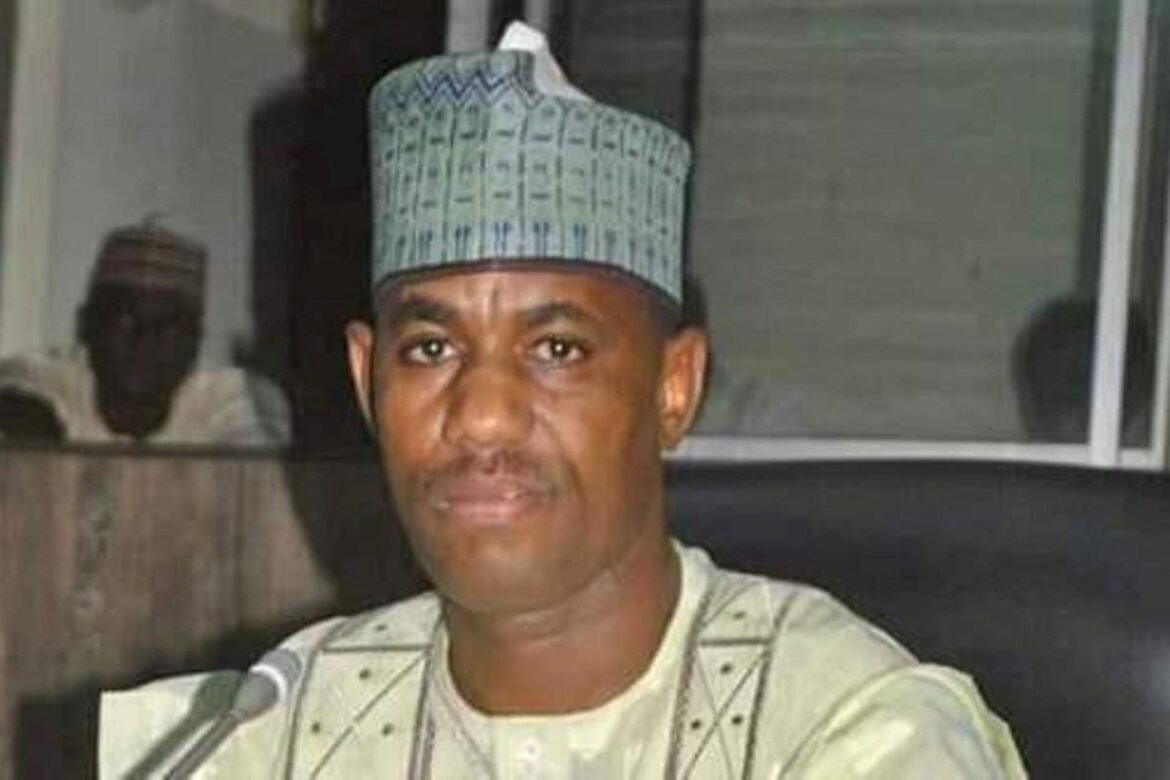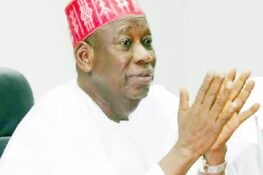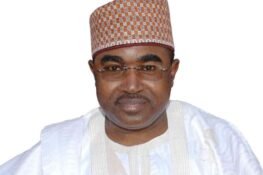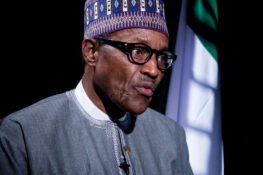When President Muhammadu Buhari was sworn-in as president in 2015, Nigeria was, in many ways, politically different from what it is today.
Five years ago, all the 36 state governors in the country had complete control of every single kobo that was spent, generated and allocated to their respective states from the federation account.
But the changes have taken place, not in the five years but in the last one year.
The first to be taken away from the governors was their ability to do as they wanted with local government funds when the Nigeria Financial Intelligence Unit introduced new anti-money laundering rules for commercial banks.
No doubt, there are still states in Nigeria that have found their way around these restrictions.
And if it is not the governor, it is a political godfather that is calling the shots on how money is spent at the local government level.
It is how the system works.
Politics in Nigeria is all about the ability to spend money and anyone that controls access to all of the state finances will have absolute power.
Exercising that power has been how governors keep judges and lawmakers in state assemblies in check.
Now that too has been taken away from them.
Politics in Nigeria is all about the ability to spend money and anyone that controls access to all of the state finances will have absolute power
The real question now is whether or not the governors intend to fight back, whether they intend to take on the president in a titanic battle.
In the United States of America, presidents in recent times have resorted to the use of executive orders largely because their system has become dysfunctional due to partisan gridlock.
The two main political parties in the country are increasingly unable to put aside their differences to pass laws for the interest of constituents.
In Nigeria, the use of these presidential orders is relatively new and can even be said to be an advent of the Buhari government.
In some ways it speaks of the impotence of National Assembly to get certain laws passed.
And that impotence has nothing to do with partisan politics.
It is driven more by tribal, religious and regional divisions, particularly when it comes to making even the slightest changes to the Nigerian constitution.
But in the case of the Executive Order 10, it more about the influence, no, the shadow of state governors that hovers over the politics of the country and their ability to lobby the National Assembly and state assemblies to ensure no meaningful progress is ever made.
The first executive order went mostly unnoticed.
It was aimed at promoting transparency in government and signed by Yemi Osinbajo who was Acting President back in 2017.
Then came in quick succession, orders on supporting local contents in public procurement and one setting a deadline for MDAs to submit their budget estimates to the Ministry of Finance.
The politics of every state in Nigeria is different
It wasn’t until the fourth executive order signed in 2017 and mandates taxpayers to declare and pay tax on their offshore assets that the president started exercising executive powers to use orders in place of bills passed by the National Assembly and assented to by him.
Basically, the orders were meant to carry the weight of laws passed by the National Assembly.
On May 22, 2020 Buhari sent Executive Order 10, which puts into effect Section 121 (3) of the 1999 Constitution (as amended).
The section gives autonomy to state legislatures and judiciary.
The amended section of the constitution granting financial autonomy to state legislatures was largely been ignored by the governors.
Buhari has just made sure it can longer be ignored by ordering the Accountant General of the Federation to put it in effect.
Executive Order 10 says “Without prejudice to any other applicable laws, legislation and conventions at the State tier of Government, which also provides for financial autonomy of State Legislature and State Judiciary in the State appropriation laws in the annual budget of the State, shall be a charge upon the Consolidated Revenue Fund of the State, as a First Line Charge.
“The Account General of the Federation shall by this Order and such any other Orders, Regulations or Guidelines as may be issued by the Attorney-General of the Federation and Minister of Justice, authorize the deduction from source in course of the Federation Accounts Allocation from the money allocated to any State of the Federation that fails to release allocation meant for the State Legislature and State Judiciary in line with the financial autonomy guaranteed by Section 121 (3) of the Constitution of the Federal Republic of Nigeria (as Amended).”
The politics of every state in Nigeria is different.
Going all the way back to the first republic, there are states that are known to always go against the trend of the political region they are in.
That was why it was no surprise that Oyo State or even Bauchi would end up in the hands of the PDP after the 2019 general elections.
There are states whose electorate are actively engaged in issues of governance and how they are governed and others who are docile during elections.
Those little differences in the politics and governing style of individual state is just about to widen.
The executive order recently signed by President Buhari granting financial autonomy to state legislators and judiciary makes that a real possibility.
The order as good as sets politics at the local level on fire.
Our system of government is meant to be about checks and balances of three co-equal branches of government.
It has been anything but that.
State governors have for 20 years dictated every aspect of political life in their states with the legislators doing as they are told.
That explains why they would be opposed to granting both the judicial and legislative arms of government autonomy.
For politicians claiming to believe in democracy and the concept of separation of powers, there is no justification for them to be opposed.
But here is their dilemma, the governors appear unable to confront the president directly even though the order is specifically targeted at them, the powers they wield and their ability to control every aspect of life.
State governors have for 20 years dictated every aspect of political life in their states with the legislators doing as they are told
The irony is that Buhari, to a very large extent, is to averse to political machinations and the desire to control every aspect of politics in Nigeria.
Yet his action, first by loosening the political grip of governors on the finances of local governments and then allowing state assemblies adopt the financial autonomy the constitution gives them will likely change the course of Nigerian politics in a way that has not been seen since 1999.
It may take years for politicians at the local levels and state assemblies to build up the confidence, but it is only a matter of time before they start to flex their muscles at the expense of state governors.
And what that could look like is someone like Aminu Achida going toe to toe with Aminu Tambuwal in a battle of supremacy.
The evolution that has taken place in the relationship between Nigeria’s presidency and the National Assembly is about to be replicated at the state level.
As a federal speaker, Tambuwal challenged the absolute powers of President Goodluck Jonathan.
Bukola Saraki did the same to Buhari.
These were no accidental encounters or isolated incidents.
Under Aminu Tambuwal as speaker of the House of Representatives was the first-time budgets of the National Assembly became subject to statutory transfers after the laws were changed.
It was also when the budgets became shrouded in secrecy.
And those same tensions between different branches of government that saw Ayo Salami, President of the Appeal Court and in later years Chief Justice Walter Onnoghen both schemed out of office will play out in states where the politics is competitive.
There is a reason most legal disputes, even when they are strictly local within a state are filed in federal courts.
It is becoming increasingly rare for a state high court judge to rule against a governor in any kind of dispute.
All of that is about to change, because the judges are finally free knowing their paycheck won’t be passing through the hands of any governor.








